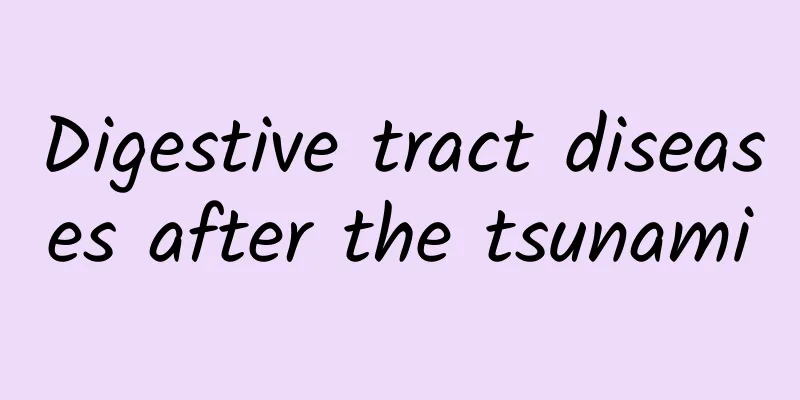What should heart patients eat?

|
Myocardial infarction is a relatively serious cardiovascular disease. Patients are often prone to sudden death, so it is relatively dangerous, especially for some elderly people who need to strengthen prevention. For such patients, they should pay more attention to nutrition and diet. They should eat easily digestible foods. It is best to eat small meals frequently. The diet should be low in cholesterol, low in animal fat, less salt, and low in calorie foods. What should heart patients eat? 1. Eat soft food and small and frequent meals Patients with myocardial infarction generally have poor blood pumping function, so the gastrointestinal digestive function does not have sufficient power. Their diet should be mainly composed of easily digestible semi-liquid food or soft food. At the same time, the number of meals should be controlled to 4-5 times, and the amount should not be too much. Eating too much will cause a feeling of fullness in the abdominal cavity, increase blood flow in the digestive system, and cause reduced blood flow in the coronary arteries, which will aggravate the severity of myocardial infarction and in severe cases may cause sudden death. 2. Low cholesterol, low fat diet Some vegetable oils such as corn oil, rapeseed oil, sesame oil, etc. do not contain cholesterol, and the unsaturated fatty acids in them are very beneficial to the recovery of myocardial infarction, so vegetable oils should be the main type of oil. Do not eat animal offal, avoid consuming too much animal fat, and eat more soy products. The total cholesterol intake should not exceed 300 mg per day. 3. Eat less salty food Table salt contains a lot of sodium, and excessive sodium intake can cause high blood pressure. Sodium has a strong water-absorbing function. Eating too much salt will increase blood volume, which will directly increase the burden on the patient's heart. The total daily salt intake should not exceed 4g. 4. Eat low-calorie foods Obese people are more likely to suffer from myocardial infarction, so they should control their weight and avoid excessive calorie intake. If there is not much activity, the daily calorie intake should be 25-30 kcal/kg. 5. Supplement trace elements and vitamin C Magnesium and iodine, two trace elements, can lower cholesterol and have a preventive effect on atherosclerotic lesions. Vitamin C can stop bleeding, accelerate wound healing, and make blood vessels more elastic. Therefore, eating more foods rich in vitamin C is very beneficial for patients with myocardial infarction. Vitamin C should be obtained from fruits and vegetables. Fruits with high vitamin C content such as strawberries and kiwis are especially recommended. Some seafood, such as kelp and laver, are high in iodine, which can increase your intake. Magnesium is abundant in many green leafy vegetables. |
<<: What fruit should I send to the patient?
>>: What is the best medicine for rheumatism?
Recommend
Do I get any anti-inflammatory injections after induced labor?
After induced abortion, the physical harm to wome...
Symptoms of enteritis
I believe everyone is familiar with the disease o...
What are the benefits of eating wild kudzu root powder?
Wild kudzu root powder is a milky white powdery s...
What should I do if I catch a cold?
Cold is a common disease. This kind of disease is...
What causes cerebral infarction and what habits can cause cerebral infarction?
Cerebral infarction is a fairly common brain dise...
Is a temperature of 37 degrees normal?
I believe everyone knows that humans are warm-blo...
Pituitary gland acupoints
There are many small but very important organs in...
The most correct way to eat vinegar-soaked eggs
People may not be very familiar with the most cor...
Drink apple juice to eliminate gallstones
Apple juice is one of our favorite fruit juices. ...
How to replenish insufficient vitality
Insufficient vital energy is a term used in tradi...
Early symptoms of esophagitis
Esophagitis is mainly a heterosexual inflammation...
Nail flesh grows out
Although nails exist on human fingers and toes, t...
My period always comes a week early and the flow is less
Women's menstruation will affect their future...
What causes back pain?
We all know that excessive fatigue can cause back...
What is the fastest way to build bones?
We are bound to bump into things in our daily liv...









